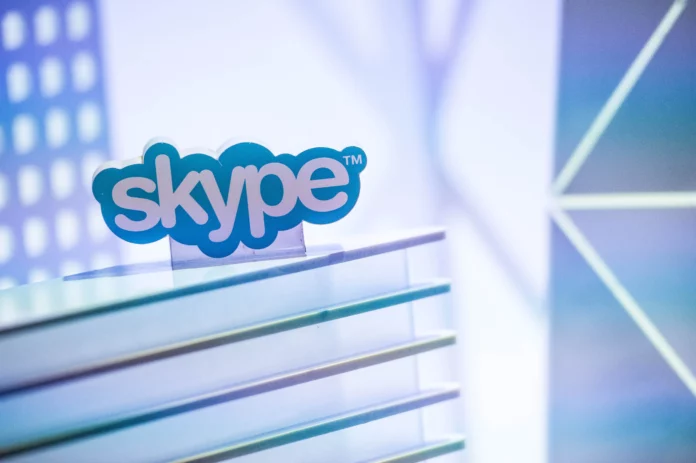|
Listen to article
|
Microsoft, on Friday, pulled the plug on a digital legend, announcing the curtain call for Skype—the groundbreaking voice and video lifeline it realeased in 2011 after years of redefining global chatter.
“As of May 2025, Skype’s journey screeches to a halt,” blared a dispatch from its X-based help squad, steering the faithful toward Microsoft Teams as the new nerve center for staying linked.
Invented in 2003 by Estonian-based Scandinavian visionaries Niklas Zennström and Janus Friis, Skype roared onto the scene, shattering old-school communication molds with no-cost PC-to-PC talks and pocket-friendly rates for ringing up landlines and mobiles—a spark that lit up the internet age.
With bandwidth blossoming over the decades, Skype morphed into a Swiss Army knife of connection, weaving in live visuals, rapid-fire messaging, document drops, and huddle-friendly features that kept it humming.
By 2005, it had lassoed 50 million souls into its orbit, a blazing signal of its unstoppable climb and knack for syncing with a world wired for sound and sight.
Online auction site eBay acquired Skype in 2005 for approximately $2.6 billion, but the expected synergies never panned out, and in 2009, eBay sold a majority stake to a group of investors, who then sold it to Microsoft.
Over the past decade, as smartphones reshaped the digital terrain, Skype found itself outpaced by agile contenders like Meta’s WhatsApp, the video-conferencing juggernaut Zoom, and even Microsoft’s homegrown Teams, signaling a quiet erosion of its once-dominant perch.
Read also: Microsoft Fires Employees Who Organized Vigil For Palestinians
“We’ve distilled a wealth of insights from Skype’s legacy, refining Teams into a powerhouse over the past seven or eight years,” Jeff Teper, Microsoft’s President of 365 Collaborative Apps and Platforms, shared in a candid exchange with CNBC, reflecting on the evolution of their toolkit.
“The moment feels right now—we can streamline the experience for our audience, sharpen our focus, and accelerate breakthroughs by channeling our energies squarely into Teams,” he added, framing the shift as a strategic leap toward clarity and innovation.
The moniker “Skype” emerged from “Sky peer-to-peer,” a nod to the ingenious framework that powered its early days, blending celestial ambition with technical grit.
That peer-to-peer backbone was a masterstroke—it spread the load across users’ machines rather than leaning on a single server hub, a clever twist that fueled Skype’s explosive growth and set it apart in the dawn of internet telephony.
























